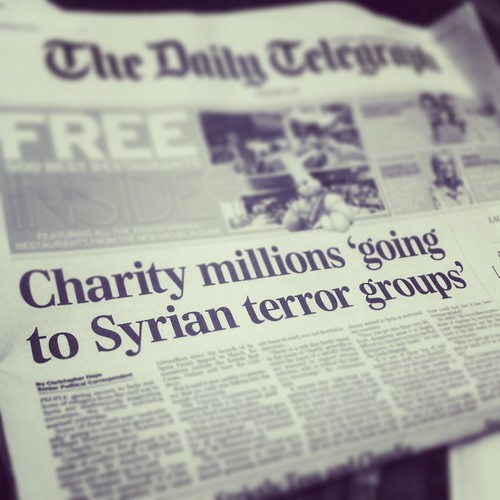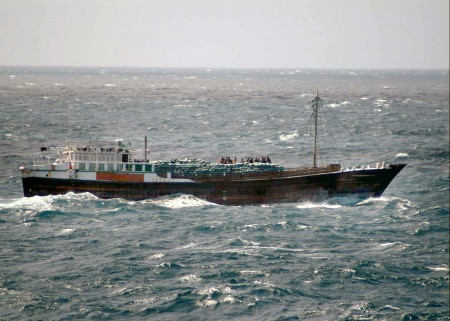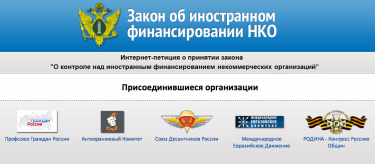
This article was originally published by IPI Global Observatory on 19 May 2017.
In April 2017, the Russian Ministry of Justice designated the Kola Ecological Center, a small environmental group in Russia’s Murmansk region, a “foreign agent.” The organization’s offense? It had advised regional authorities on nuclear waste handling and opposed plans to extend the run time of a local nuclear power plant—and, importantly, it had accepted Norwegian funding in the past. It now joins more than 150 Russian NGOs for whom the foreign agent label has led to crippling fines, onerous lawsuits, and, in the most extreme cases, liquidation.
Russia is not an isolated case. Governments around the world are cracking down on civil society activism. Pointing to threats of terrorism or the need to protect national sovereignty, they are erecting new barriers to the operations and funding of NGOs, harassing and demonizing civic activists, and criminalizing dissent through expansive anti-terrorism laws. Between 2014 and 2016, more than 60 countries restricted citizens’ freedom of assembly and civil society’s ability to access funding.




